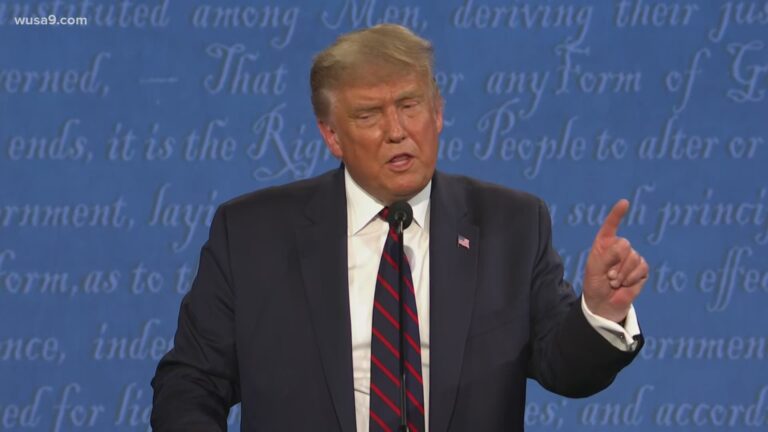
STRATEGIC ASSESSMENT. President Jokowi confirmed that the National Democratic Party (Nasdem) is no longer part of the pro-government coalition which now comprises six political parties.”Nasdem, let’s say what it is, has belonged to its own coalition,” the president said, responding to a question about why Nasdem was not invited to his meeting with the leaders of pro-government parties at the Merdeka Palace on Tuesday evening.
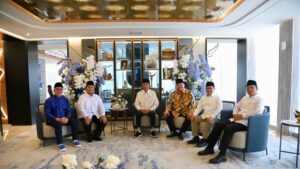
Jokowi said Tuesday’s meeting was meant to strengthen “political cooperation” in the government coalition and Nasdem, now an outsider, has no right to know firsthand about the coalition’s strategy.
President Joko “Jokowi” Widodo hosted a meeting with six pro-government party leaders at Merdeka Palace in Jakarta as political maneuvers are intensifying in the run-up to the elections, asking them to remain solid and united. Interestingly enough, his guests claimed that the meeting which lasted around three hours was kept from political topics.
“Mr. Jokowi asked us to stay united, maintain harmony, and continue to work together for the nation,” Great Indonesia Movement Party (Gerindra) Chairman Prabowo Subianto told reporters shortly after the closed-door meeting.
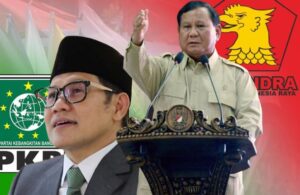
Plans to build a “grand alliance” of major political parties currently supporting the Joko “Jokowi” Widodo administration for the 2024 presidential election appear likely to crumble, with the Indonesian Democratic Party of Struggle (PDI-P) and its new electoral ally stressing that they are prepared for a three-way battle amid fresh moves to set up an alternative bloc potentially backing repeat-candidate Prabowo Subianto.
After meeting with National Awakening Party (PKB) Chair Muhaimin Iskandar, Golkar Party Chair Airlangga Hartarto said the two parties had agreed to become the core parties in the formation of a grand coalition consisting of the United Indonesia Coalition (KIB) and the Greater Indonesia Awakening Coalition (KKIR). Airlangga said both parties would try to combine the two coalitions to become a grand coalition.
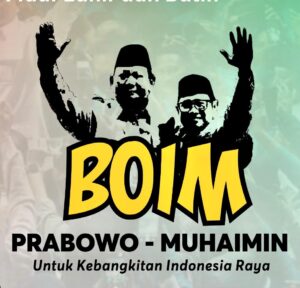
Gerindra Party Deputy Chair Habiburokhman said the meeting between political party chairs and President Jokowi at the Palace discussed global issues such as the Russo-Ukrainian War and tensions in the South China Sea. “On the one hand, this conflict is a problem; on the other hand, it is an opportunity for us as a big country to avoid choosing sides. We can even help promote peace on a global scale,” Habiburokhman said.
The Indikator Politik Indonesia survey institute released a poll on the electability of three presidential candidates for 2024. Central Java Governor Ganjar Pranowo received the highest electability with 34 percent, followed by Gerindra Party Chair Prabowo Subianto and Coalition for Change presidential candidate Anies Baswedan. This poll of 1,220 people was conducted between April 11 and 17, before the Indonesian Democratic Party of Struggle (PDI-P) named Ganjar Pranowo as the party’s presidential candidate for 2024.
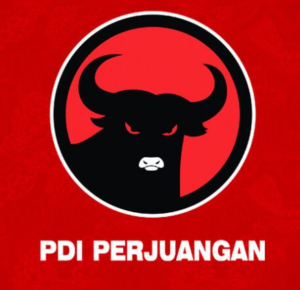
The decision by Indonesian Democratic Party of Struggle (PDI-P) matron Megawati Soekarnoputri to nominate party member Ganjar Pranowo as a presidential candidate before Idul Fitri appeared to catch most observers off guard and was thought to have been motivated by a turn in the tide of public opinion in the aftermath of the loss of the right to host the FIFA U-20 World Cup soccer tournament.
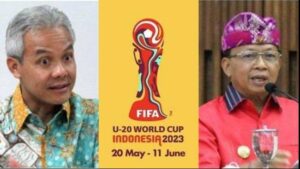
But at least one PDI-P politician has since suggested that it was a highly calculated decision that was months in the making, predicated on the ultimate loyalty test for Ganjar, drawn out amid enticing offers of outside support for the popular Central Java Governor.
As the kingmaker who catapulted President Jokowi into high office, political experts suggest that Megawati was faced with the tough choice of paving the way for another political “outsider” to help the PDI-P win a historic hattrick in 2024 or installing her heir to maintain the Sukarno dynasty’s grip on the party.





